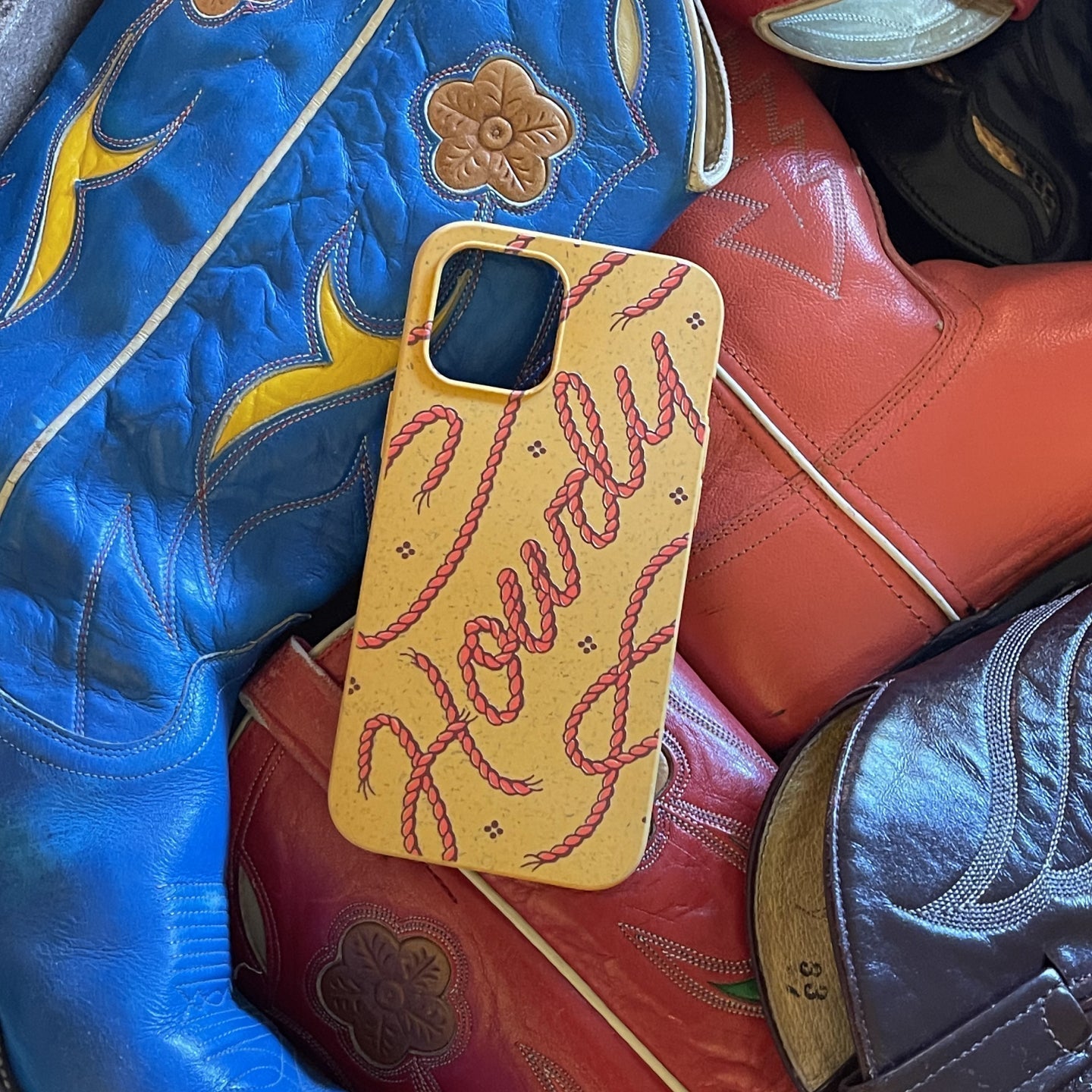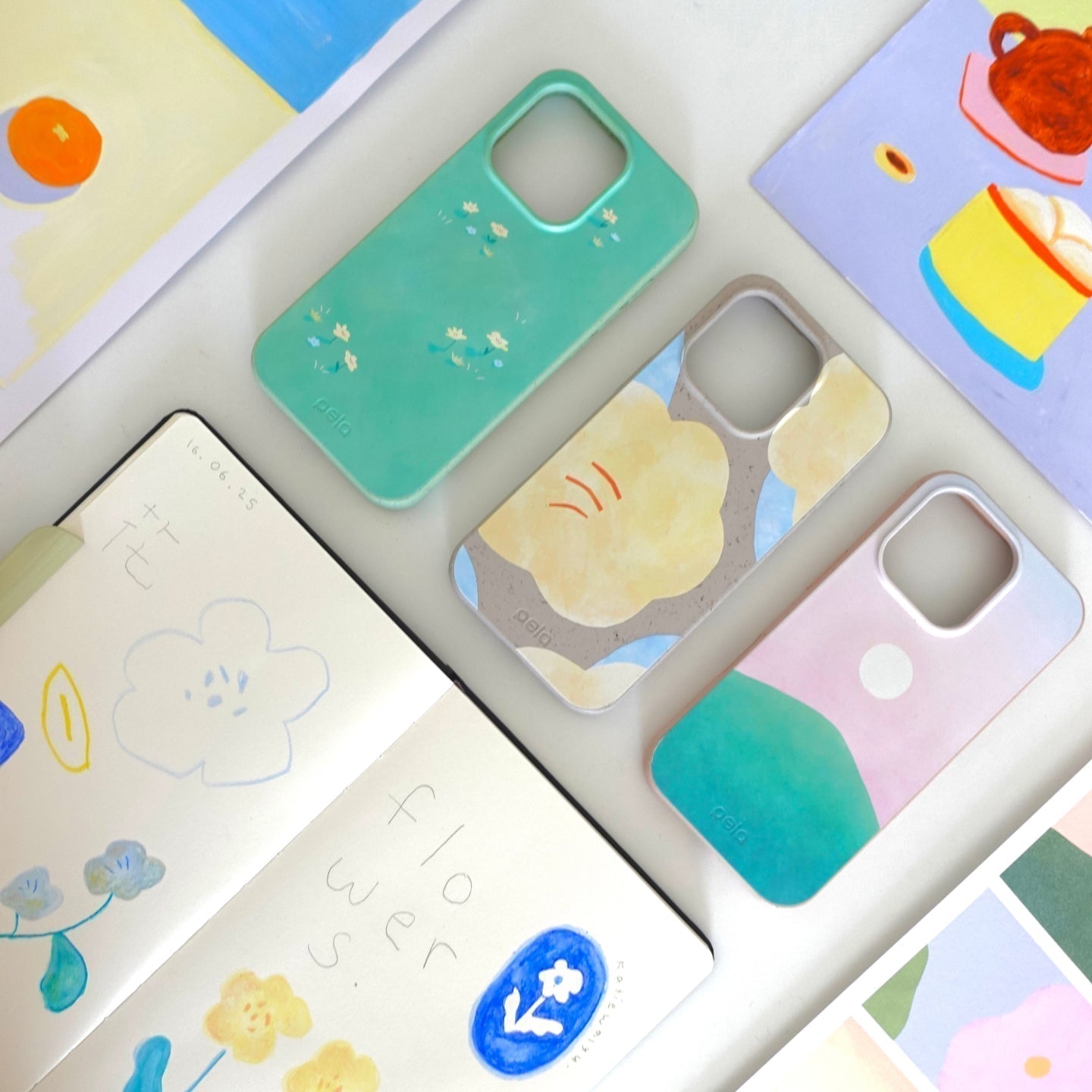
Pela created the world’s first fully compostable-plastic phone-case in an effort to combat plastic pollution, and offer customers a high-quality, Earth-friendly product. Over the years, we’ve seen a number of companies try to follow our lead, developing ‘eco-friendly’ products to try to entice environmentally conscious customers. In most cases, these companies come out with one or two ‘eco-friendly’ products, while the remainder of their inventory continues to be made from petroleum-derived plastics and chemical-heavy additives.
Because of this, there hasn’t been much change to the plastic product landscape over the last decade, with most manufacturers not yet ready to try to make substantive change in order to address the ever-growing problem of plastic in our oceans. Unfortunately, many of the ‘eco-friendly’ products developed by popular brands end up not being as environmentally friendly as advertised, further negating the attempts of these companies to reduce waste.
While we are glad to see others taking an interest in improving the world and protecting the environment, it is rather disheartening to see half-hearted attempts to create eco-friendly products. We’ve covered other phone case manufacturers and their ‘eco-friendly’ products before, and while we applaud the effort, none have been able to stand up to the Pela case. Here, we’re going to talk about yet another attempt at creating an environmentally friendly phone case from a company called 4ocean, and cover whether their products are as eco-friendly as advertised.
What Is 4ocean?
4ocean is a company on a mission to reduce plastic pollution - a very noble cause and one that more companies should be paying attention to! 4ocean works to clean up beaches and marine environments, removing plastic waste and other debris that could cause harm to the health of the oceans. Plastic collected by 4ocean is then cleaned and recycled for use in their products, which range from bracelets, accessories, and apparel to phone cases and single-use alternatives.
While many of the 4ocean products are excellent examples of how plastic can be recycled and made into new products, not all of them are necessarily ‘eco-friendly’ in that they would be safe for the planet if they were thrown away. Here, we’re going to be specifically focusing on 4ocean’s recycled plastic iPhone case and sharing whether or not we think this case can stand up to Pela’s 100% compostable design. Here’s what you need to know:
What are 4ocean Phone Cases Made From?
While it is positive to recycle plastic and turn it from trash into new, sellable items, this process isn’t one that necessarily eliminates plastic waste, and can have confusing messaging that makes consumers think they are being greener than they truly are.
4ocean’s iPhone cases have two distinct parts: an outer and an inner shell. The outer shell of the 4ocean case is made from recycled HDPE plastic removed from the ocean by the 4ocean team. The inner shell of the case is made from PBAT, a rubber that provides additional drop protection to the phone. According to 4ocean, PBAT rubber is ‘bio-compostable’, and the company’s site claims that the use of this material in its phone cases makes the products compostable at end of life.
Unfortunately, this is where we found a pretty big problem, one that proves that the 4ocean iPhone case is just another in a long line of fake eco-friendly products.
Will It Compost?
To be compostable, a material must be able to completely break down in a composting environment within a few short days or weeks without leaving any chemical residue behind. Examples of compostable materials include paper, food products, and compostable plant-based plastics like Flaxstic. Like compostable products, biodegradable materials will also break down naturally but could take years or decades to do so. Additionally, biodegradable materials may leave traces after decomposition or may require chemical assistance to fully degrade.
The difference between compostable and biodegradable materials is an important one that is often blurred by phone case companies looking to trick their customers into thinking their products are more environmentally friendly than they really are. This is called ‘greenwashing’ a deceptive marketing tactic used to draw in customers with false promises of environmentalism. In this case, 4ocean got a few things wrong in their marketing, and are definitely guilty of greenwashing.
Pela Case
Pela phone cases are 100% compostable, meaning they can degrade in just a few short days or weeks in a healthy home or industrial composting environment. Made from plant-derived materials, Pela cases degrade quickly while contributing nutrients to the compost they are added to. To see an example of how Pela cases degrade, check out our article comparing Pela to cases from Incipio.
4ocean
Unfortunately, 4ocean didn’t get much right in their explanation of their ‘eco-friendly iPhone case’, but what they did get right is that PBAT rubber can naturally degrade. No, PBAT isn’t compostable, but it is biodegradable and may naturally decompose if given enough time and put in the right environment. However, even if PBAT was compostable, that would not mean that the 4ocean cases could be composted.
In order to be compostable, the case would need to be made from 100% compostable materials, not 50% biodegradable rubber and 50% petroleum-based plastics. Mixing materials like this makes it impossible to compost the item, and just as difficult to recycle. While 4ocean might be getting it right by cleaning up the oceans, their products likely end up right back in the landfill (or oceans) once they’ve been used.
Want to see how other brands stack up against Pela? Visit us online and be sure to check out our blog for much more information.



